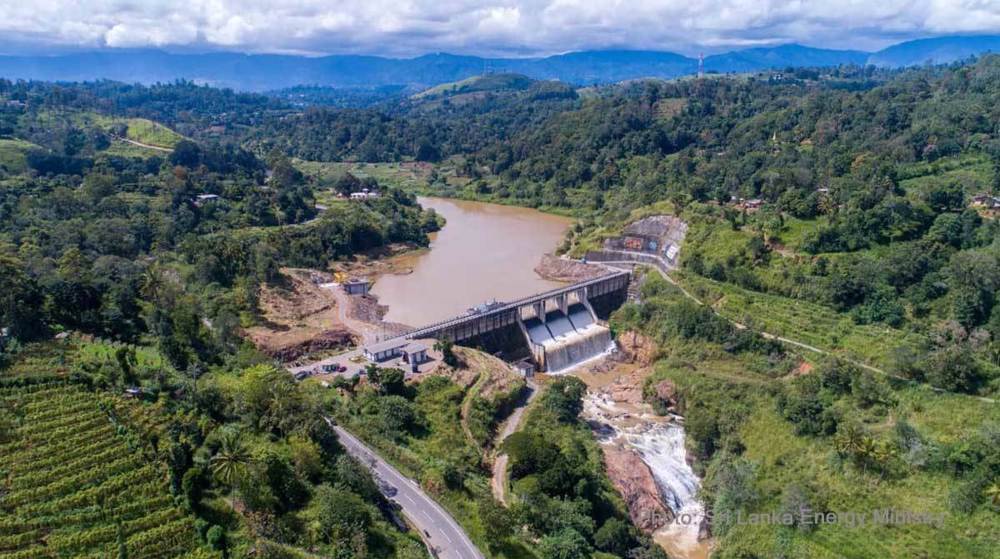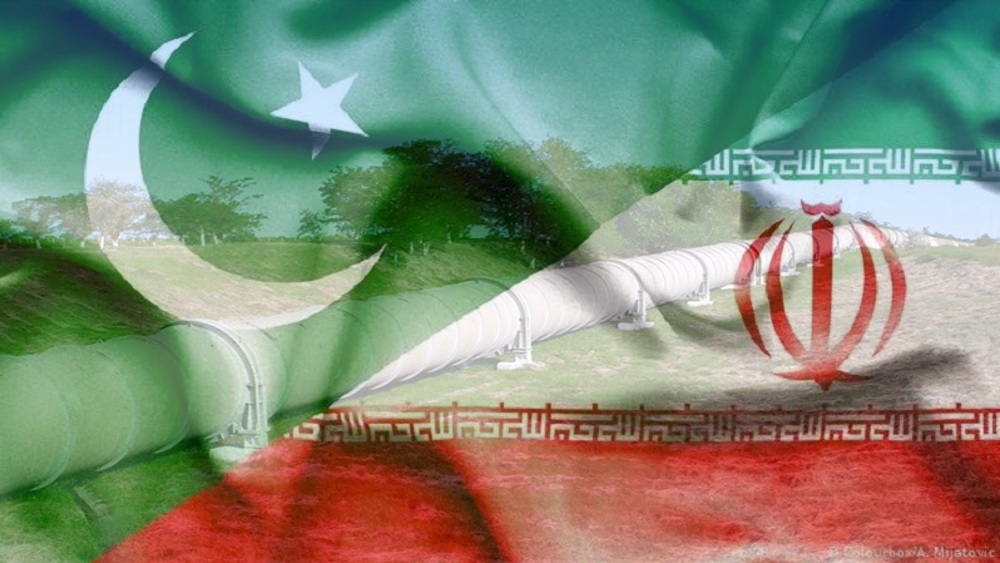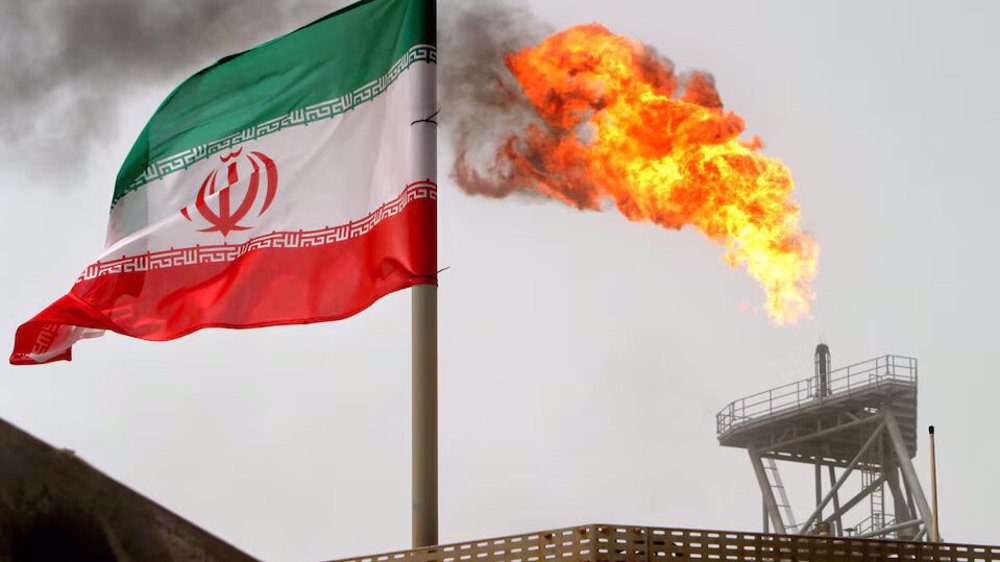Iran new oil contract comes under criticism
A day after Iran’s Ministry of Petroleum unveiled a new format for investment in its oil and gas sector, criticism is rising that future contracts with foreign companies might compromise national interests and incur big losses.
As many as 250 representatives of companies from 33 countries were attending a conference in Tehran on Sunday for the second day to get a first account reading into the Iran Petroleum Contract (IPC).
The contract model was unveiled Saturday alongside about 50 oil and gas projects up for development with better incentives than the previous buy-back deal in order to lure foreign investors.
A few companies attending the Tehran conference are familiar names which are frowned at with disdain by some Iranians because those firms slammed the door in the country’s face after years of operation when the West imposed sanctions in 2011.
With sanctions about to be lifted in early 2016 under a nuclear accord, foreign companies are excited at the prospects of big bonanza in a country which owns the world's largest oil and gas reserves combined.

Contract problems
Architects of the new contract say foreign companies can no longer dash out of their contractual obligations if sanctions are ever re-imposed on Iran. But critics cite numerous shortcomings which seriously plague the new formula.
“From the legal point, there are many faults relevant to this new format. Also, it contradicts state expediency and promotion of local oil firms in many respects which could inflict huge losses on the country,” MP Ahmad Tavakkoli said Sunday.
The lawmaker, cited by the Fars news agency, reminded oil and gas officials of “treacherous deals” in the past, including the D'Arcy Concession in 1901 under which the Shah of Iran gave an Anglo-Dutch company the exclusive rights to prospect for oil in Iran.
“Under the new framework, a foreign investor will carry out certain operations at our expense which are not allowed by the Constitution,” Tavakkoli said, citing exploitation and production from oil and gas fields which cannot be conceded to the private sector.
“Foreign companies will receive separate returns for their investment and for anything they do without paying tariffs, customs or even worker insurance.
“Instead, they will be paid fees in addition to rewards in some cases. Meanwhile, the risks which they apparently have to undertake will be covered through the Ministry of Petroleum’s indemnity measures,” the MP said.

“We have called them contractors in the IPC while they are in fact investors; and investment in the upstream oil industry by the private sector is legally prohibited. But even if such a ban were not in place, this format is absolutely harmful to national interests.”
Another MP Ali Marvi, a member of Parliament’s Energy Commission, said the ministry must answer “ambiguities” about the new contract model.
Massoud Derakhshan from Allameh Tabatabai University said the IPC had “grave weaknesses”.
Minister of Petroleum Bijan Zangeneh defended the contract but said it may need amendment and development.
“The contract models introduced today are not perfect or ideal, but an effective and responsive model for both sides,” he said.
Yemeni forces strike Israeli ship, Port of Eilat in solidarity with Gaza
Columbia, Yale students bent on ending US support for Israeli genocide
VIDEO | Genocide in Gaza
Iran calls on BRICS to play role in stopping Israeli crimes
President Raeisi’s historic visit opens new chapter in Iran-Pakistan ties
Russia: Poland’s talks on hosting US nuclear weapons ‘dangerous’
VIDEO | Israel’s genocide bounty
India’s home minister vows to end Muslim reservation if his party wins










 This makes it easy to access the Press TV website
This makes it easy to access the Press TV website